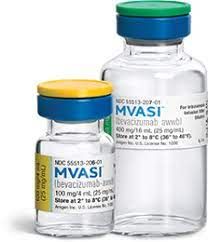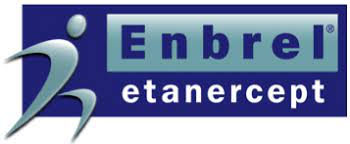- Bone Health
- Immunology
- Hematology
- Respiratory
- Dermatology
- Diabetes
- Gastroenterology
- Neurology
- Oncology
- Ophthalmology
- Rare Disease
- Rheumatology
Amgen Reports 56% Increase in Biosimilar Sales
Amgen reported a strong increase in biosimilar sales for the year but said competition is forcing down prices and affecting revenues for its originator products, too.
Amgen reported $557 million in biosimilar revenues for the second quarter of 2021, up 56% from $357 million this time this year, saying growth was driven by higher sales, offset somewhat by price declines. Competition among biosimilars and originator products is driving down prices at the overall rate of 10% to 15% per year, Amgen has previously reported.
“For the remainder of the year, we expect worldwide biosimilar volume growth to be offset by declines in net selling price due to increased competition,” Murdo Gordon, executive vice president of Global Commercial Operations for Amgen, said in an investor conference following release of the second quarter results.
Total corporate revenues for the quarter just ended, including all nonbiosimilar product lines, were $6.53 billion, up 5%. For this past quarter compared with the comparable 2020 quarter, the company reported a 74% decline in net income ($464 million vs $1803 million), based on generally accepted accounting principles, which it said was largely due to a write-off associated with an acquisition.
The company expects further biosimilar sales growth sales to come from sales of existing products in new markets, along with launches of new biosimilars to compete with eculizumab (Soliris; Alexion), ustekinumab (Stelara; Janssen Biotech), and aflibercept (Eylea; Regeneron) originator products. Amgen has biosimilar candidates in phase 3 trials for each of these products.
Murdo said Amgen is also banking on sales of its adalimumab biosimilar (Amgevita) once it enters the US market in 2023. The product received FDA approval in 2016 but has been delayed US market entry owing to patents held by AbbVie, the originator (Humira) owner, and a settlement with AbbVie under which the companies agreed on delayed US entry.
A wrinkle in this picture is that rival companies (Celltrion, Alvotech) are aiming to capture adalimumab market share with a high concentration version of the drug that has been gaining ground in both the United States and Europe. These versions of adalimumab, if they are not held back by AbbVie’s patent protections, could pose competitive problems for the lower-concentration Amgen biosimilar.
Amgevita was approved by the European Medicines Agency in January 2017, and Amgen reported a 73% increase in second quarter sales vs the comparable 2020 period ($107 million vs $62 million). “Amgevita continued to be the most prescribed adalimumab biosimilar in Europe,” the company said.
Sales of the company’s pegfilgrastim (Neulasta) wearable injector kit (Onpro) declined 18% compared with the comparable 2020 second quarter ($486 million vs $593 million) and the average US selling price for Neulasta declined 35% when comparing second quarter 2021 performance with the year-ago quarter and 12% when comparing the second quarter 2021 sales with first quarter 2021 sales. “We expect this trend will continue throughout 2021 driven by intensifying competition,” Murdo said.
Sales of the company’s originator etanercept product (Enbrel) dropped 8% compared with this time last year ($1.14 billion vs $1.25 billion), and the company again blamed lower selling prices for this. So far, Enbrel faces no competition in the US from biosimilars but has 3 biosimilar competitors in the European Union.
Sales of the company’s bevacizumab (Mvasi) biosimilar were up 71% ($294 million vs $172 million). Sales of the trastuzumab biosimilar Kanjinti were up 27% from last year ($156 million vs $123 million), and this product has a 42% share of the market for trastuzumab, Amgen said.
The company said sales of its epoetin alfa (Epogen) originator product, which faces biosimilar competition in the United States and European Union, were down 19% for the year ($130 million vs $161 million), based on declines in selling price and lower unit sales.
Newsletter
Where clinical, regulatory, and economic perspectives converge—sign up for Center for Biosimilars® emails to get expert insights on emerging treatment paradigms, biosimilar policy, and real-world outcomes that shape patient care.


